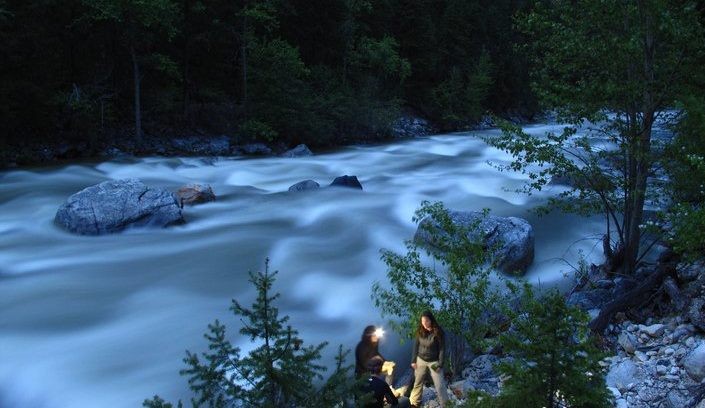Peter’s first concrete memory of home was of it breaking apart. He was four years old and standing in a cold train station with his parents. Terminal stations are always cold – long, deep caverns with a high ceilings and platforms stretching almost out of sight.
His parents had explained to him what was happening – he was to accompany his father to their once and former home in the country to say goodbye to friends and family, and his mother would pick him up a week later for their permanent move to the city. His father would remain in the country. Later in life, Peter would have no recollection of what was said between any of them that day; all that remained in his mind was a subtle knowledge that something was changing, an unrealized recognition of ending
Peter grew up with two homes, or rather two places of residence. He came to know them well, his father’s apartment and his mother’s townhouse, later his stepfather’s house. There was a great sense of familiarity with all of them, throughout his life. Returning to these places as an adult from time to time, he knew exactly how many leaps and bounds it took to mount or descend the stairs; he would let his hand linger on the worn, smooth gypsum when rounding the corner from the kitchen to the living room; he recalled how large the ceilings and green belt behind the house had seemed as a child. Trees bore scars from abandoned tree forts, his mother’s eyes showed sleepless nights and broken curfews. There was comfort in these remembrances, a sense that he knew these places and they knew him.
And yet from the moment he left high school he felt compelled to move on, always. First to university, then for work, then for travel. He would often return to one of these homes for a time, linger, then move on again. Moving away. Though never sure what he was moving away from.
Eventually Peter stopped moving, and started building. He built himself a small one bedroom house in a town between the country and the city. He met his wife and built an extension – a second, larger bedroom and another bathroom. When his wife became pregnant, Peter tore down the guest bedroom and built a nursery; when his wife lost the baby, he boarded it up. When their first child was born, Peter rebuilt the nursery; when their second child was born, he added another level. When the children left home many years later, he turned their rooms into hobby rooms (with wall beds for when they returned). And when his wife passed away, Peter remained in the house, closing off the upstairs and making small changes as his aging body permitted. When Peter passed away, the house was left to the elements, eventually crumbling.
* * *
I had been trying all week to think of specific aspects of home, connections to them, etc. And I realized I don’t really have those memories, I can’t locate a sense of home anywhere, even though I’ve had loving homes. I’ve been thinking about home as a place, home as a feeling, home as comfort. I think there’s a strong connection between home and comfort, and that this comfort comes from both knowing that home and being known by it. But because both ourselves and the places we call home are constantly changing, this ‘knowing’ and ‘being known’ must necessarily be a process. Home is then a process of destruction and construction as we build something out of brick and wood and memories and plans that will give us the comfort of knowing and being known in an impermanent world.
Gavin Maxwell wrote in Ring of Bright Water that “happiness can neither be achieved nor held through endeavour” (1). In thinking about my sense of home, I see a similarity in this quote. If home is something we build to make sense of the world (something we know) and to give ourselves a sense of being in the world (something that knows us), and if this is a process that involves our past, present and future, then maybe home isn’t something we can have or keep, but something we live.
Having said this, I’m now concerned that this idea of home could be dangerous. If home is not something you can ‘have’, and if land is integral to X knowing and being known (that is, land constitutes or is an integral part of their home), then someone could argue X cannot ‘have’ their home. Does this make it too easy to divest people of their land? A potential response could be that with this approach, if no one (not X or Y) can ‘have’ that home (the land), then everyone can ‘have’ that home. And maybe unsettling the idea of home (that it cannot be ‘had’ or ‘kept’ or owned) can not only destabilize settler approaches to home (and the land), but open up a dialogue about the relationship between home and land?
But is this approach itself too close to settler colonialism, and does it oppose efforts at land claims? Or is this whole conception nonsense? I’d appreciate any thoughts.
Maxwell, Gavin. The Ring of Bright Water Trilogy. London: Penguin, 2001. Web. 01 Feb 2014.
